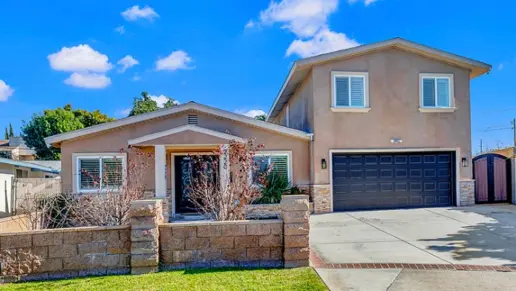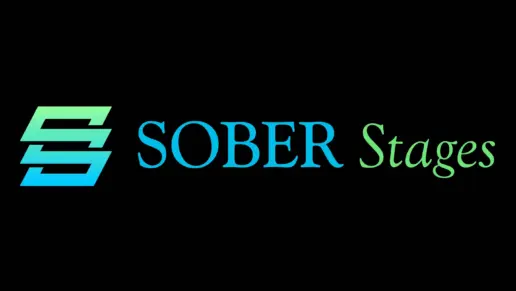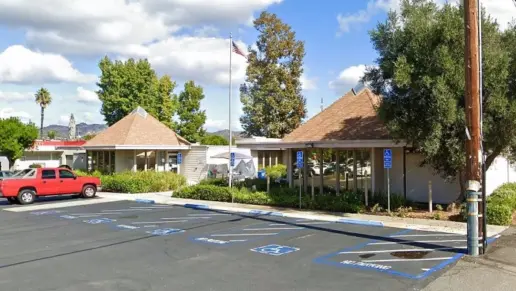About Transcend Recovery Community
Transcend Recovery Community is based in Los Angeles, California. They provide supportive environment for individuals seeking substance abuse treatment as well as those in recovery. Their method promotes whole-person health, so clients can heal from addiction as well as keep their minds, bodies and souls healthy. Transcend is unique in its comprehensive outpatient (OP) program that caters to the individual needs of each client.
Their outpatient program is helpful for those who wish to continue their daily life while obtaining the help they need. In addition to evidence-based therapies, it includes holistic practices such as mindfulness and meditation. This particular mix strives to help users acquire different types of defense mechanisms and necessary life abilities that can make extended recovery simple for all.
Important group therapy sessions take place during the day, which help patients build a sense of community and share their experiences with others. That solidarity can be very healing and help the clients feel they belong to a community who are all in it together not just for treatment but beyond.
In addition to the intensive outpatient program, Transcend offers safe and structured sober living environments for those in early recovery. Their homes encourage and support living a drug-free lifestyle and promote personal growth and accountability for their residents. Some of the house meetings and community events available allow residents to take part in regular activities conducive to sober living, revitalizing their efforts toward lifelong sobriety. This element of sober living is beneficial as it allows individuals to gradually enter their old lives while providing help and resources to do so.
Transcend also really gets that mental health is a huge part of the recovery process. Their service also provides co-occurring disorder programming tailored to those who suffer from both addiction and mental illness, enabling clients with dual diagnoses to obtain holistic treatment. This critically acknowledges how addiction and mental health affect each other, providing a more holistic treatment framework that gets to the heart of what causes these cycles.
The facility also earned a reputation for its emphasis on life skills training and holistic wellness. In addition to counseling, clients participate in different types of personal growth work ranging from nutritional therapy and fitness programs to vocational training. This whole-person view of recovery enables the individual not just to get clean, but live a healthy and happy life after addiction.
Latest Reviews
Rehab Score
Gallery

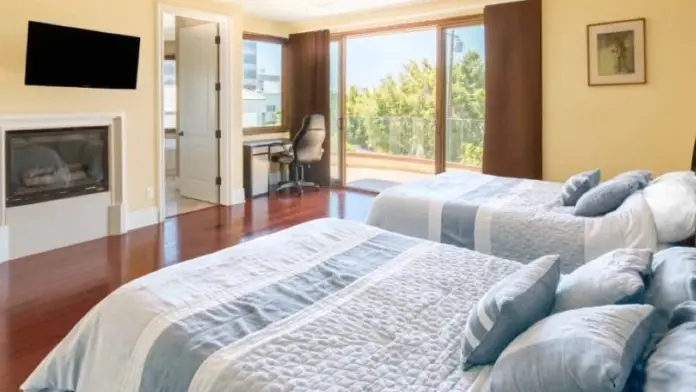
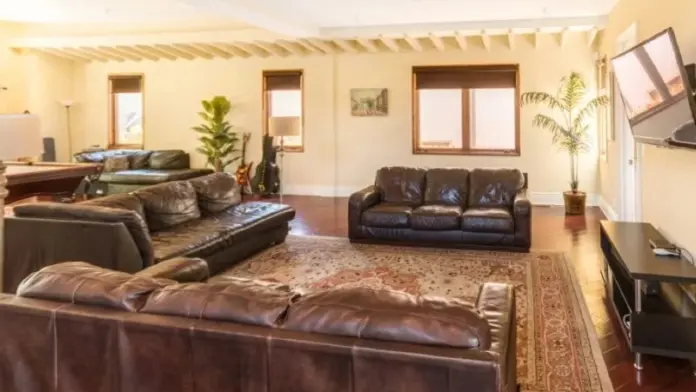
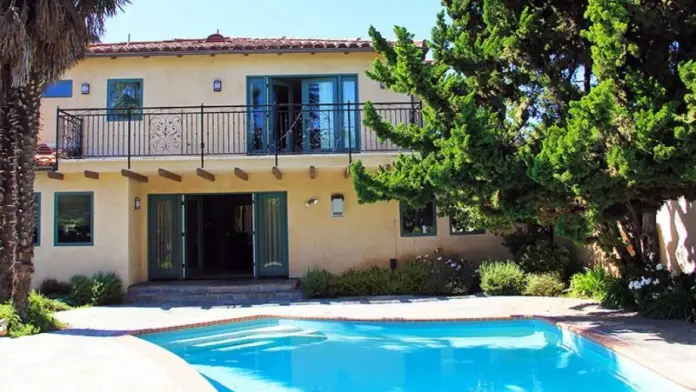

Location
Other Forms of Payment
Private insurance refers to any kind of healthcare coverage that isn't from the state or federal government. This includes individual and family plans offered by an employer or purchased from the Insurance Marketplace. Every plan will have different requirements and out of pocket costs so be sure to get the full details before you start treatment.
Self-pay involves paying for treatment out of your own pocket. You can use savings or credit, get a personal loan, or receive help from family and friends to fund your treatment. If you don't have insurance or your insurance plan doesn't cover a specific program, self-pay can help ensure you still get the care you need.
Addiction Treatments
Levels of Care
Programs


Clinical Services
Cognitive behavioral therapy in California is a method that therapists often use for the effective treatment of substance use disorders. It is based on the principle that substance abuse stems from unhelpful ways of thinking and patterns of behavior, which can be changed by helping the individual learn better ways of coping.
While participating in dialectical behavior therapy in California, you'll focus on four key areas of skill development: mindfulness, interpersonal effectiveness, emotion regulation, and distress tolerance. Treatment includes weekly individual and group sessions.
During group therapy, men and women learn to express their emotions openly in a non judgmental setting. This helps you process your feelings and reduces feelings of social isolation that are often associated with addiction.
Individual therapy for drug addiction includes a customized treatment plan that considers your history and life circumstances. During your therapy sessions, the therapist helps you uncover underlying issues and triggers for addictive behavior that support a holistic approach to recovery.
For clients who are struggling with ambivalence toward change, motivational interviewing in California can help strengthen their commitment to change. Using a conversational method, the therapist helps you explore your motivations and empowers you to make the changes you desire.
Trauma therapy is a structured approach used by therapists to help you heal from a past traumatic event. Your therapist works with you to identify the traumatic memory and process the information so you experience emotional healing and a sense of safety and stability.
The goal of couples therapy in California is to strengthen the couple's relationship. The therapist may take one or more approaches to counseling which may include the Gottman method, emotionally focused therapy, behavioral therapy, and psychodynamic couple's therapy.
Family therapy offers a platform for members to have an open dialogue about the challenges that addiction has placed on the family unit. Through guided sessions, therapists can help families develop healthy communication skills and address unresolved issues. By working together toward a common goal, they help to support their loved one's sobriety.
Amenities
-
Gym
-
Yoga Studio
-
Wifi
-
Residential Setting
-
Private Rooms
-
Hiking
-
Mountain Views
-
Gardens
-
Walking Trails
Contact Information
11150 W. Olympic Blvd
Suite 760-a
Los Angeles, CA 90064
